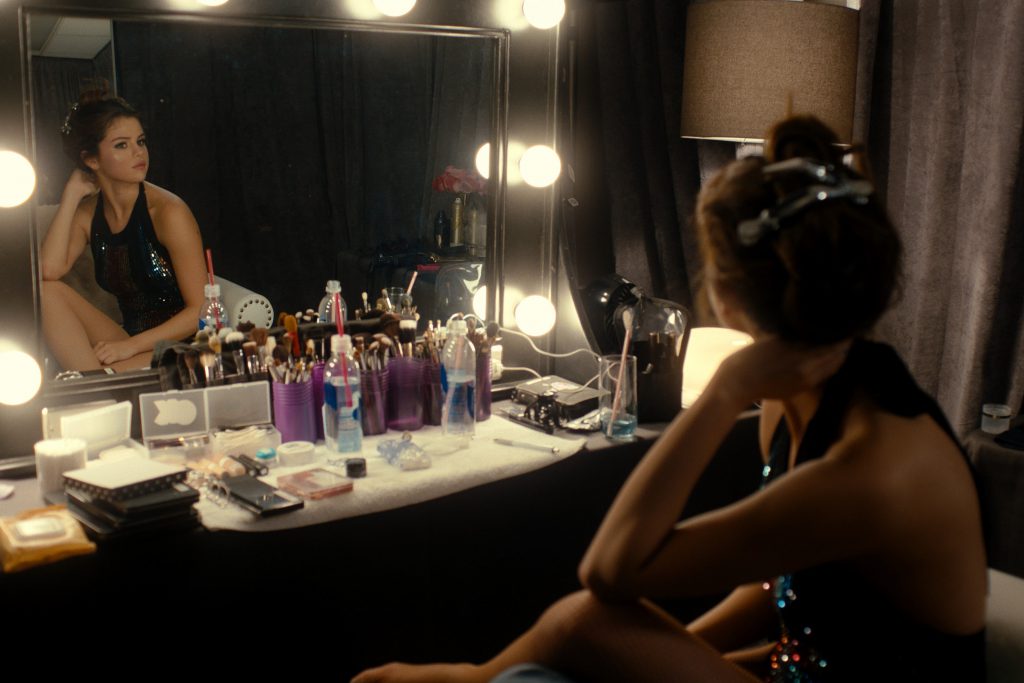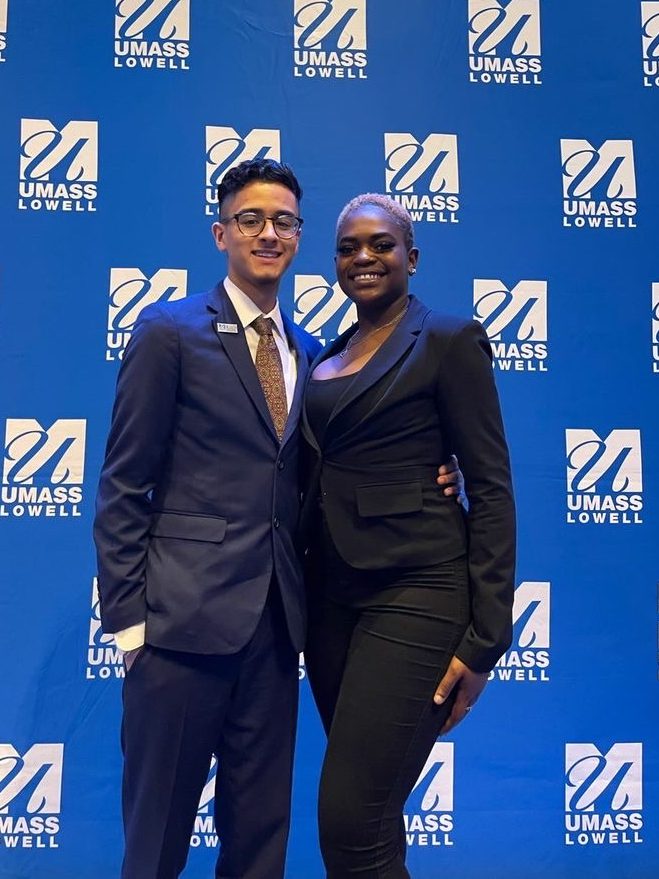by: Fahad Alden, College of Fine Arts, Humanities, and Social Sciences Well-being Leader
For the month of November, I wanted to highlight the work of someone whom I deeply admire. As a member of the Student Government Association (SGA), I have seen Neyder as a thoughtful, creative, and genuinely innovative leader. But due to his humble nature, that is not always showcased, so I wanted to use the platform to showcase lessons we can all learn from Neyder. Neyder is not only the president of SGA, but also an innovator, determined, and, most importantly, fun. I genuinely believe we all can learn a thing or two from this successful young man.
Fahad: As president, one of your main priorities has been mental health and social inclusion. Why is that so important to you?
Neyder: I think the pandemic highlighted the importance of mental health. People were so disconnected from each other, and we lost our personal touch. Often, we overlook the value of social inclusion as key to improving mental health.
Fahad: Neyder, in your profile interview, you shared that the label, most likely to succeed, was pushed on you growing up. Do you feel like that label, at times, makes you feel like you have to live up to it, and does it make it, at times, more challenging to say no?
Neyder: As a first generation immigrant, you have to often achieve success through education and hard work. I have always found that to be truly rewarding and I really do believe in the value of lifting yourself up through bootstrap. Sometimes as a leader, the nature of the job is that you have a great deal of students that heavily rely on you, and that is what motivates you to do better. The burden can be heavy sometimes, and you must learn to say no. I love to say yes, and when you reach this position as president, you need to say that you cannot help someone when you are not at your 100 percent best self.
Fahad: Your executive board is one of the most diverse in Umass Lowell’s history. Many people of color may feel confined or have imposter syndrome to step into leadership positions. What advice would you give them?
Neyder: Many people of color and minorities often feel like they cannot be in positions of power, which drove me to choose an executive board filled with confident people and experienced, not only merit and position, but experiences. Some come from towns outside of Massachusetts, and even for me I come with the commuter experience. So it is not diversity based racial or gender diversity, but there is a diversity of experience. Being the first in anything can be challenging for anyone wanting to get involved, but that is when seeking mentors can help you. We are all getting the same education at the end of the day, and I believe we all can get those positions regardless of where we come from. I was a sophomore not thinking about the presidency. I threw myself into the race;I had no executive experience, and regardless of where you come from, you may need to challenge the system at times.
Fahad: Something that I found admirable is that you give opportunities to many SGA members, for example you suggested me and fellow SGA members as recommendations for ACT events. Do you believe it is important for leaders to pass bantons?
Neyder:Through the nature of the position, a spotlight is on me great deal of the time. I am often asked to events and I truly want to empower new students and want them to feel they can be at leadership positions in the future. When you take that approach, you are cultivating new leaders and opening gates for them, allowing them to feel they are making an impact. You allow yourself to be in the position for me or in the future for a senior level position. You allow them to feel hey I may be only a senator but I can make a difference.
Fahad: You have shared in past interviews that you have worked at Jack M. Wilson’s internship as social media manager. As someone who now has a very focused and analytical job, how is it when you have, in the past or currently, stepped into creative endeavors?
Neyder:So, I am always looking for ways to challenge myself and diversify my skill set. Especially since I am in student government and help oversee the social media strategy. It helped me understand the social aspect and how to manage PR strategy. I am nonconventional; I do not run things in a typical manner.
Fahad: Would you consider yourself creative?
Neyder: I would say I am creative, but not to the extent of Picasso. I am pretty abstract in my thinking. I have a form of thought where I take a piece of every piece of information I have. I take things from different social science and learn from everything, even in my major. Which helped solidify my thinking. Also, my career path is nonconventional, I jumped from working the business side and private sector, and I have worked great in the non-profit sector. I want to make myself a better leader and, most importantly, a better mentor.
Fahad: Anyone who knows you is always on the run, from being a master plan committee member to just being full-time; what are your favorite things to do for self-care?
Neyder: I think my strong social network is something I rely on heavily to destress. Whether that is hanging out with them or going out to eat, or just making dinner for them, my favorite thing to cook is Italian and Mexican food, and I like contemporary Americans like everyone like Mac and Cheese. I use that as an outlet. But I think that is an outlet; I use them because they are different fields, and we are not in work mode when we are with each other; since there are various fields, we do not always have to take the business. Even small things playing video games help you detach from the environment.
Fahad: You always share your love for music on your social media. What is your current top three music you find yourself listening to unwind?
Neyder: I do not have the top three songs. The reason being I have varied interests in music and artists. I do tend to listen to a lot of Hispanic artists and American artists and Techno. There is, you know, the traditional bad bunny, Drake, and a couple of different artists, as my music taste tends to vary depending on my emotions and how I feel.

